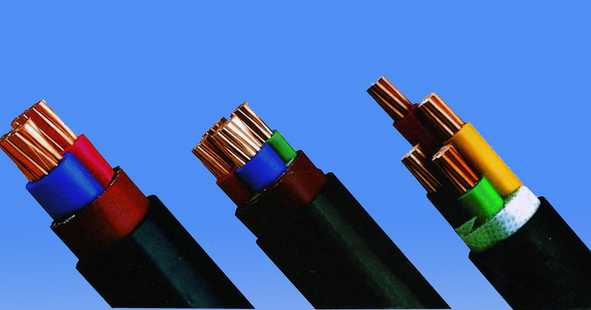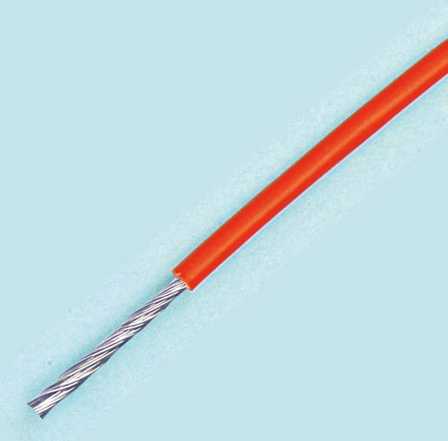According to industry sources, the reason why the price difference of electric wires is huge is due to the different raw materials used in the production process. The main raw materials for producing wires are electrolytic copper, insulating materials and sheathing materials. At present, the raw material market has more than 70,000 yuan per ton of electrolytic copper, while the recycled copper is much cheaper; the gap between the quality of the insulating material and sheathing material and the defective product is even more disparate. In addition, the lack of length and inadequate insulation of the insulators also contribute to price differences. The length of each line, excellent products is 100 meters, while the defective product is only about 90 meters; the insulation content of excellent products accounted for 35% to 40%, while the defective products only 15%, through comparison, consumers can easily see that the finished product The difference in the sales price of electric wires is caused by the presence of tricky materials. Wire shopping entrance decoration restaurant decoration switch home decoration building materials market
There are many types of wires in the market, and the right wires are purchased according to their own power load. Some of the wires sold on the market are more expensive and some are more expensive. Some people tend to choose cheaper ones first. However, the cheaper wires often fail to achieve the performance they say. If they buy such wires, they may give Bring yourself a lot of security risks. 
  Desai cable 
Successful smart cabling  Â
1 2 Next> Total 2 Page
Page to page